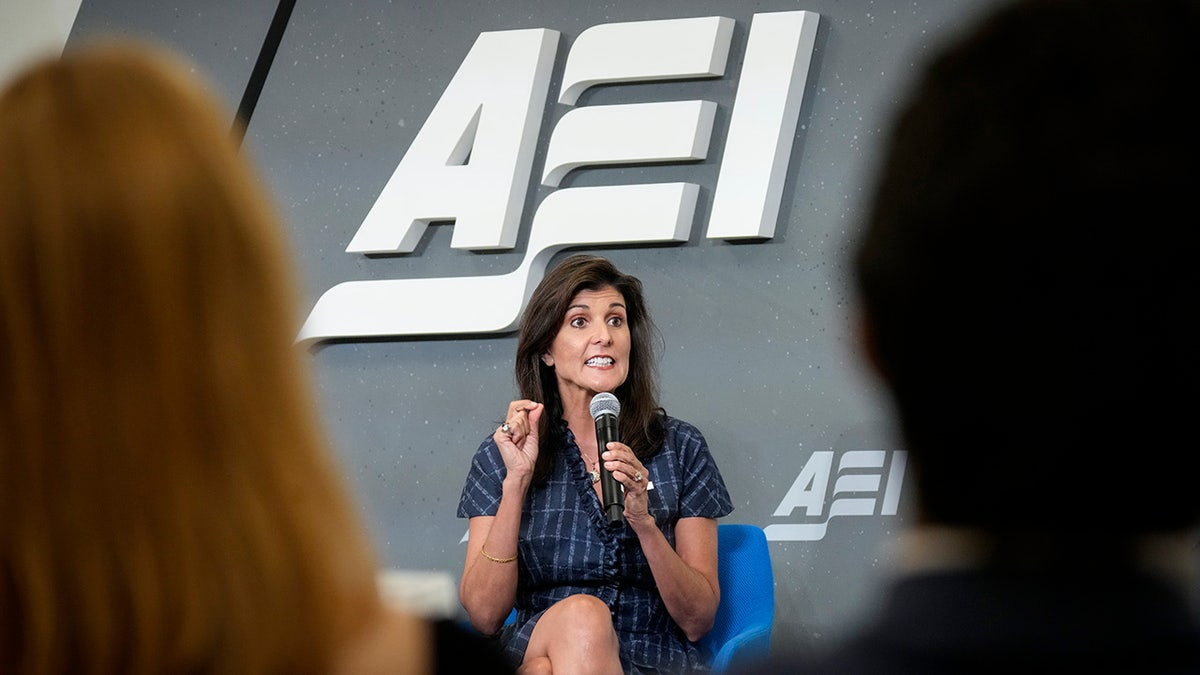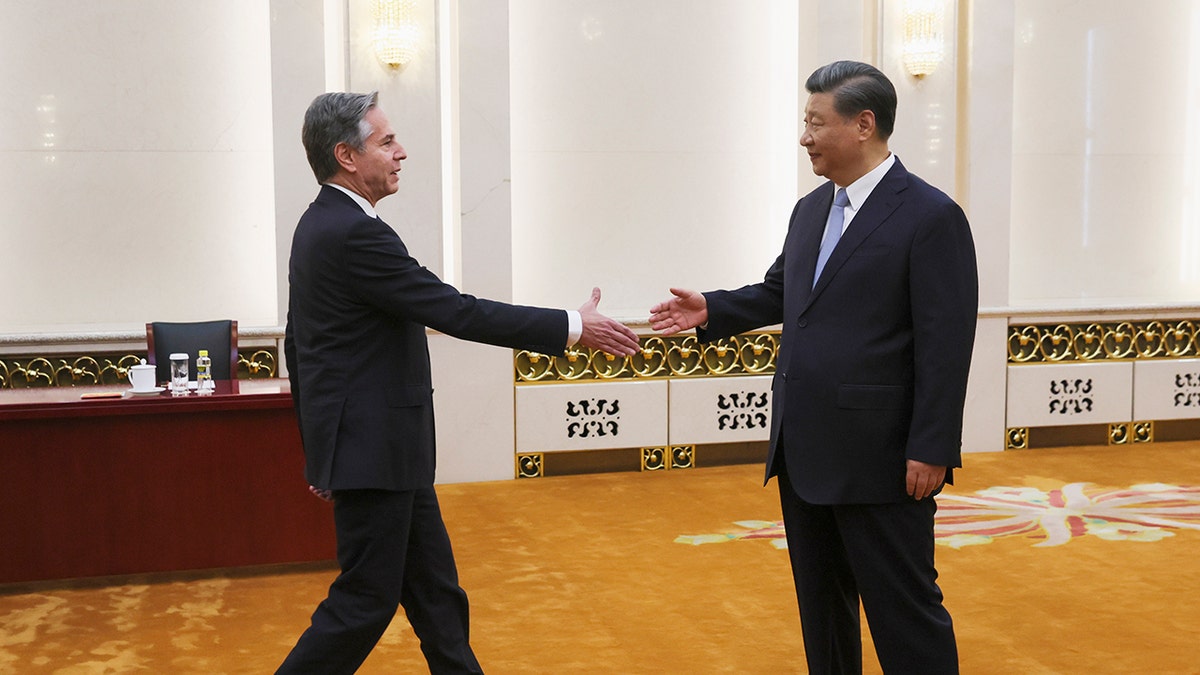In a forceful address at the American Enterprise Institute, Republican presidential candidate Nikki Haley labeled China the "greatest foreign danger since World War II," sharply criticizing both President Biden's and former President Trump's handling of the escalating tensions.
Haley stressed the urgency of the situation, highlighting Xi Jinping's open pronouncements about preparing for war. She accused Biden of inaction, arguing that his policies increase the risk of conflict. A more proactive approach is needed, she urged, to maintain peace and deter aggression.
Haley advocated for strengthening military alliances with key partners like Japan, South Korea, and Australia, while also fostering closer relationships with India and the Philippines. She emphasized the need to awaken Europe to the shared threat posed by China and to present a united front against Beijing's ambitions.

Haley underscored Taiwan's vulnerability as China's primary target and warned that an invasion would spark a devastating war. She called for providing Taiwan with the necessary defensive resources, maintaining a robust U.S. naval presence in the Taiwan Strait, and making it clear to China that an invasion would result in severe economic repercussions, contrasting her stance with Treasury Secretary Janet Yellen's view on decoupling.
Criticizing Secretary of State Antony Blinken's recent meeting with Xi Jinping, Haley described it as an unproductive encounter that emboldened China. She predicted further inaction from the Biden administration, warning of the consequences of four more years of neglecting the growing Chinese threat.

While acknowledging Trump's efforts to address Chinese trade practices, Haley argued that his approach was insufficient. She criticized his failure to bolster the U.S. military presence in Asia, curb the flow of technology and investment to the Chinese military, and effectively unite allies against China. She also pointed out shortcomings in the trade deal signed by Trump and criticized him for congratulating the Communist Party on its 70th anniversary.

Haley further criticized Biden's handling of several key issues related to China, including the investigation into the origins of COVID-19, China's growing influence within the U.S., the fentanyl crisis, and the weakening of the U.S. military. She also expressed concern over Biden's focus on climate change, which she believes benefits China's negotiating position.
As president, Haley pledged to prioritize strengthening the American economy and military to counter Chinese aggression, address Chinese interference in American society and its economic manipulation, and hold the Communist Party accountable. She highlighted the national security risk posed by Chinese land acquisitions in the U.S., proposing a ban on lobbying by the Communist Party and Chinese companies, as well as restrictions on lobbying for China by members of Congress and military leaders.
Haley also expressed concerns about the ineffectiveness of sanctions aimed at stopping the flow of fentanyl precursors from China to Mexican cartels and vowed to push for revoking normal trade relations with China until the fentanyl crisis is addressed. She also raised alarms about the rapid expansion of the Chinese navy and its implications for global security.
Comments(0)
Top Comments